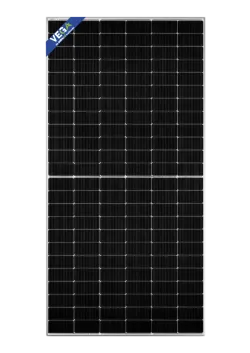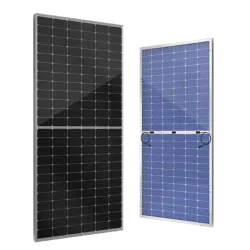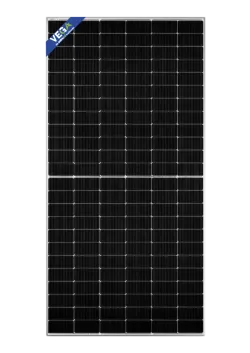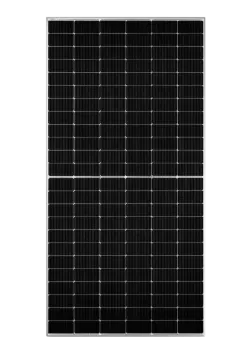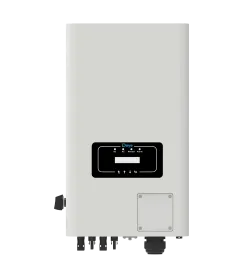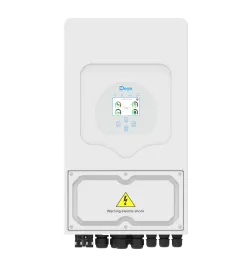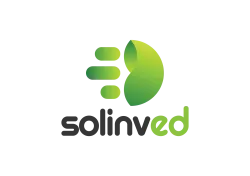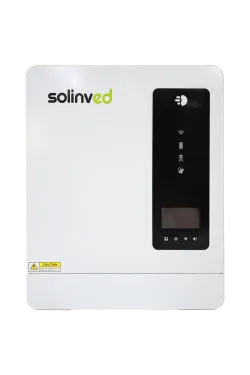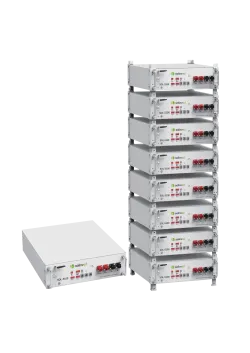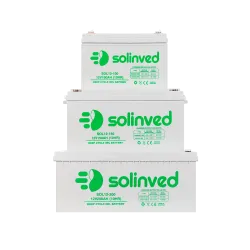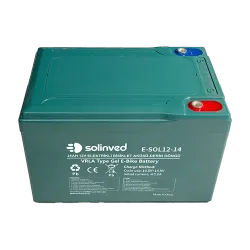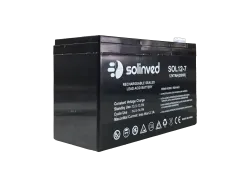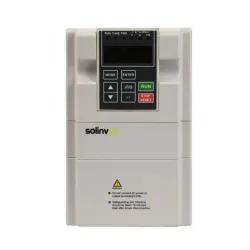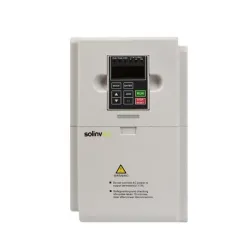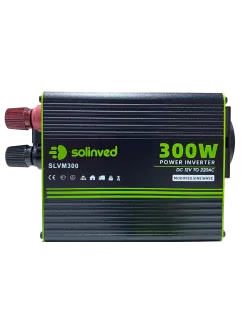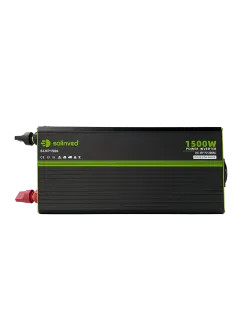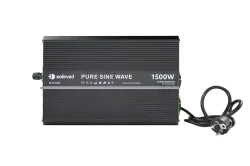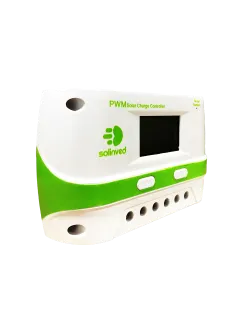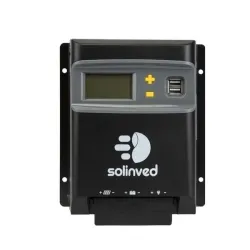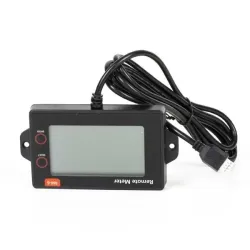
Power Inverters
With the diversification of energy sources and the increasing adoption of renewable energy systems, the need for energy conversion devices has grown significantly. Power inverters play a crucial role in ensuring the efficient and effective operation of energy systems by converting direct current (DC) into alternating current (AC).
What is a Power Inverter?
Power inverters are electronic devices that transform DC electricity into AC electricity. This conversion enables energy generated from DC sources such as solar panels, wind turbines, and batteries to be compatible with the AC electricity used in our homes and workplaces. For example, in solar energy systems, the DC electricity generated by solar panels is converted into AC by inverters, which can then be fed into the grid or directly power devices.
Types of Power Inverters
Power inverters are categorized into three main types based on their output waveforms:
Square Wave Inverters: The simplest type of inverter that produces a square wave output. However, it is not suitable for sensitive electronic devices, limiting its usage.
Modified Sine Wave Inverters: These provide an output that is closer to a sine wave than square wave inverters. They are compatible with most household appliances but may cause interference or noise in sensitive devices.
Pure Sine Wave Inverters: These produce the highest quality output, closely resembling the AC electricity from the grid. They are ideal for sensitive electronics and industrial applications.
Applications of Power Inverters
Power inverters have a wide range of applications:
Renewable Energy Systems: They convert the DC electricity generated by solar or wind energy systems into AC for the grid or direct use in devices.
Portable Power Sources: Car inverters convert DC electricity from a vehicle’s battery into AC, enabling the use of electronic devices during travel.
Uninterruptible Power Supplies (UPS): They ensure uninterrupted device operation during power outages by converting DC energy from batteries into AC.
Industrial Applications: Used in factories and facilities for motor speed control and energy savings.
Factors to Consider When Choosing a Power Inverter
When selecting the right power inverter, the following factors should be considered:
- Power Capacity: Choose an inverter that meets the total power requirements of your devices.
- Waveform: For sensitive electronics, pure sine wave inverters are recommended.
- Efficiency: Opt for models with high efficiency to minimize energy losses.
- Safety Features: Look for inverters with protections against overload, short circuits, and overheating.
Power inverters are critical for energy conversion, enabling the effective use of various energy sources. Choosing the right inverter enhances the efficiency of energy systems while ensuring the safe and seamless operation of devices. Selecting an inverter that meets your specific needs is essential for optimal performance.

